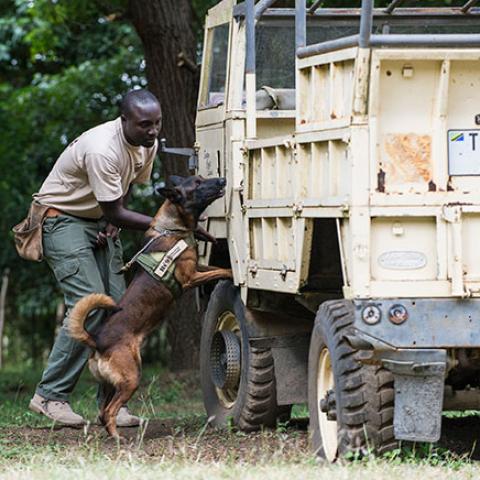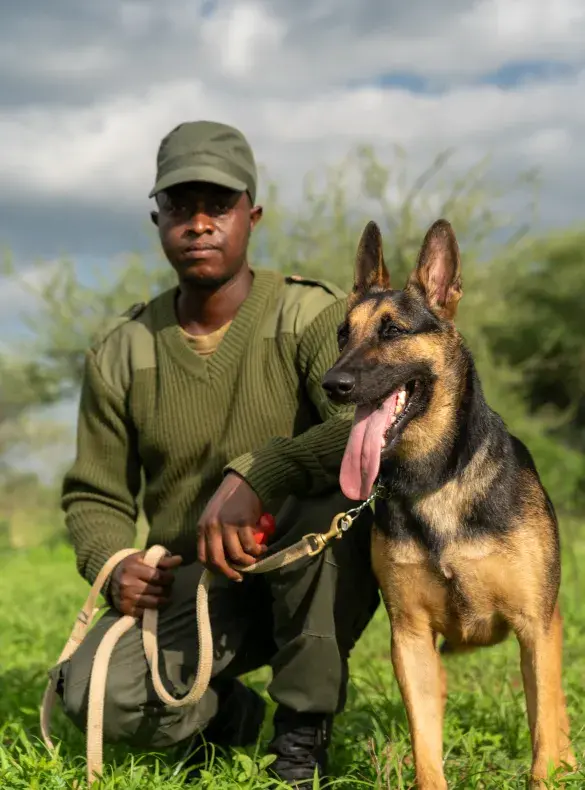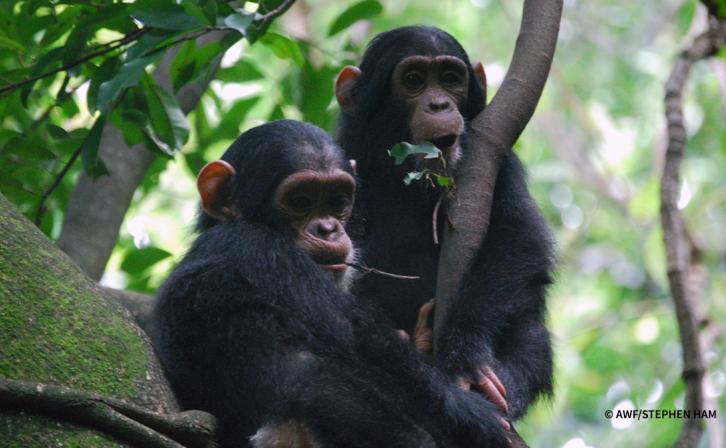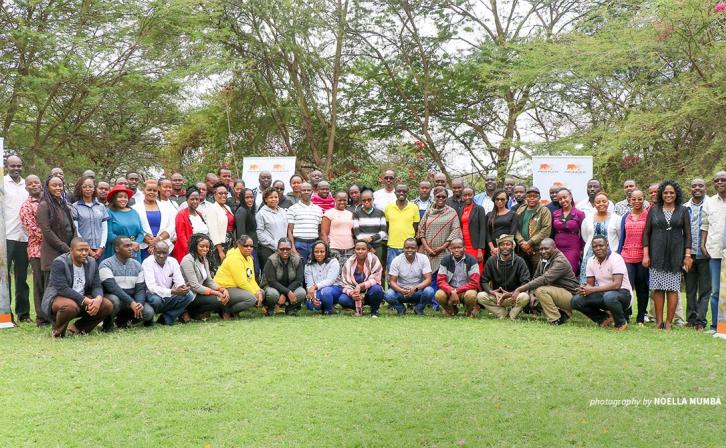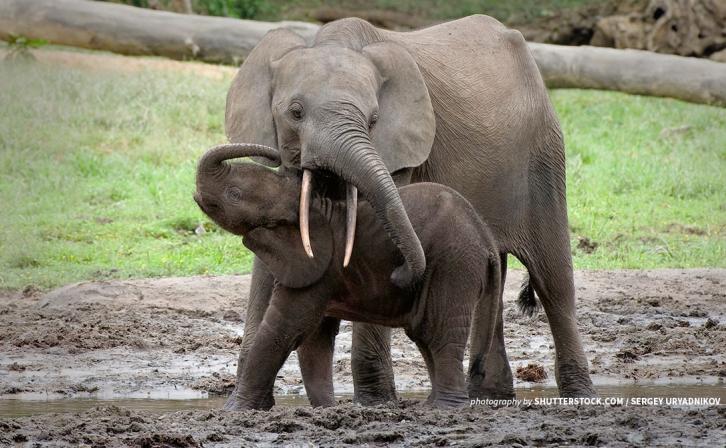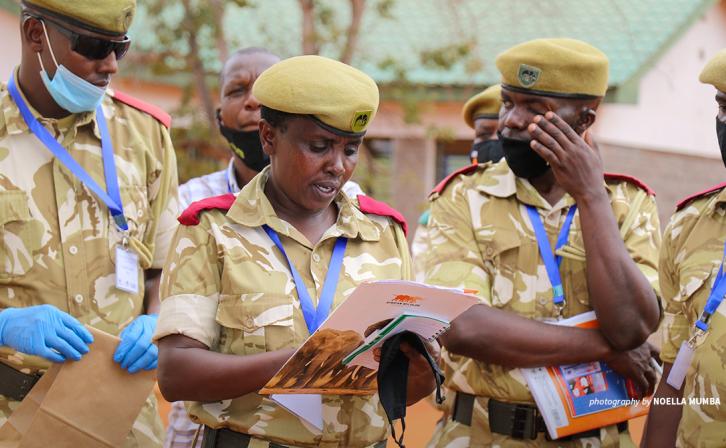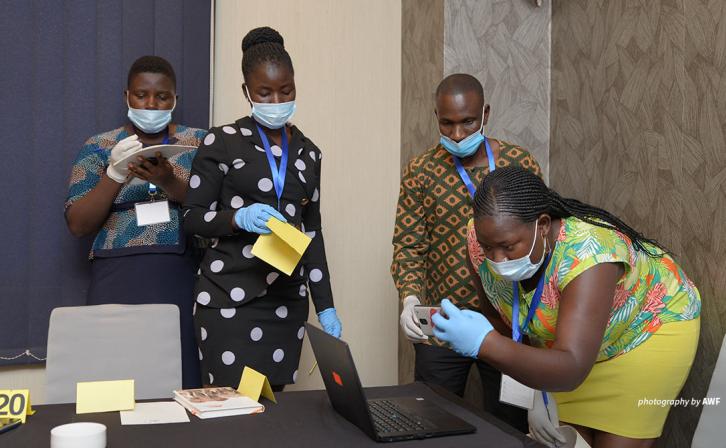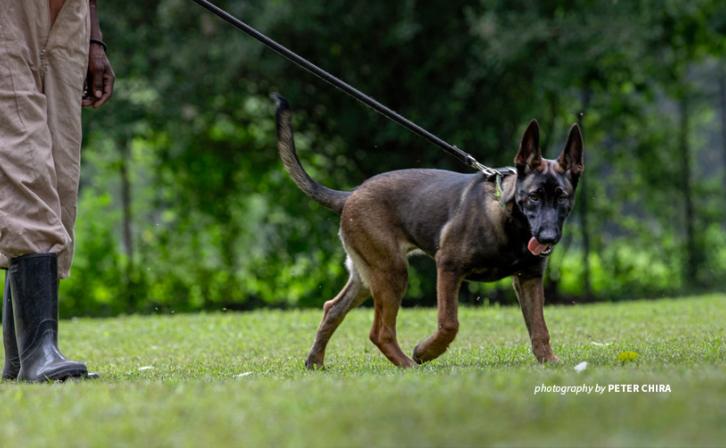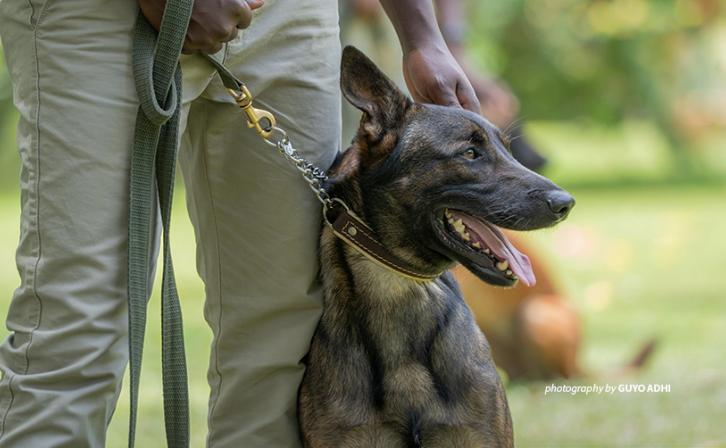How We Work
Prosecution
Our Wildlife Judicial and Prosecutorial Assistance Program works with officials along the criminal justice chain including first responders, community rangers, investigators, prosecutors, and judicial professionals to build their capacity and equip them in addressing wildlife crime through proper investigations, sound evidence handling, effective prosecutions, and appropriate sentencing of wildlife offenders.
We also have a court monitoring program that tracks cases to ensure successful prosecutions. Through this program, we support the training of law enforcers to testify in court and bring judges on field trips to protected areas to learn the challenges and successes of wildlife conservation firsthand.
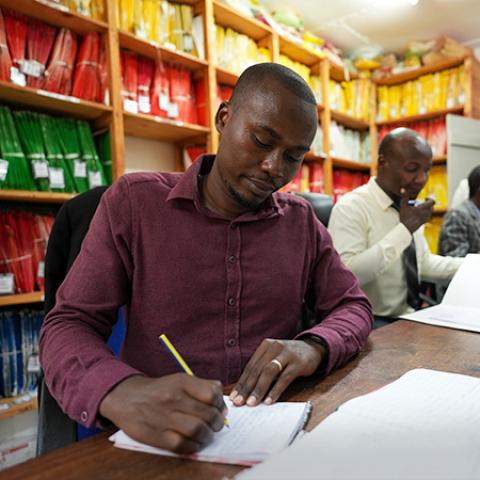
Investigation
The changing modus operandi of criminals and the involvement of organized criminal groups in wildlife trafficking means that wildlife law enforcers are always playing catch-up. Through our Wildlife Crime Investigation Program, we support law enforcers to identify and adopt new tools and methodologies to address the changing wildlife crime landscape on the continent. Interventions include addressing illegal online trade, money laundering, corruption in wildlife law enforcement, human rights sensitivity in wildlife law enforcement, handling digital and electronic evidence, and responding to wildlife crime scenes. AWF also supports special investigation operations at wildlife crime hotspots identified by law enforcement agencies to ensure the arrest and deterrence of wildlife criminals in those areas.
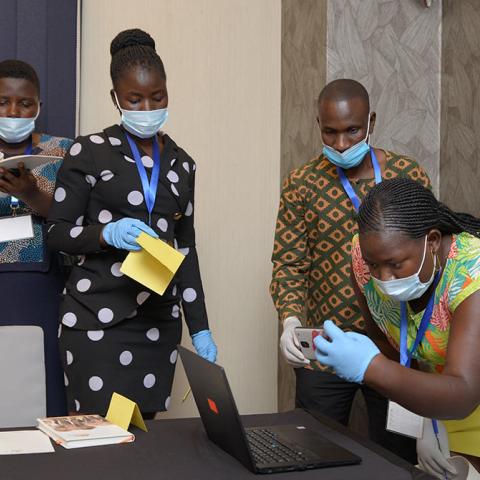
Detection and Deterrence
Since 2013, we have partnered with African governments to enhance the detection of wildlife contraband and deter offenders in key trafficking countries through the use of well-trained and equipped dog teams. Dogs have proven very successful in finding wildlife contraband such as elephant ivory, rhino horn, and pangolin scales. We partner with wildlife authorities by training the dogs and government handlers and then providing technical support once wildlife authorities put dogs and handlers in the field.
Detection-dog teams help curb the flow of ivory and other illegal wildlife products through airports and other smuggling hotspots. Seizures of wildlife contraband happen regularly, disrupting trafficking routes and applying pressure on poaching syndicates and local perpetrators. Tracking dog teams patrol wildlife areas, sniff out scents, and trail perpetrators—even to their doorsteps. They also help to make de-snaring patrols more efficient.
Our emphasis is always on the welfare of the dogs and their handlers.
